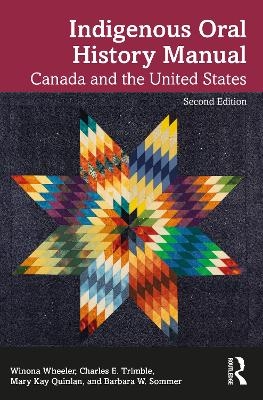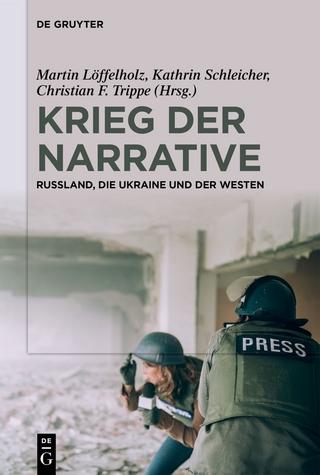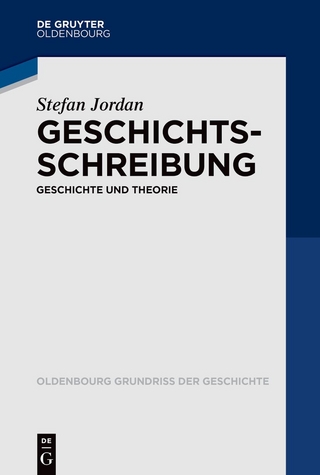
Indigenous Oral History Manual
Routledge (Verlag)
978-0-367-74679-7 (ISBN)
The Indigenous Oral History Manual: Canada and the United States, the expanded second edition of The American Indian Oral History Manual (2008), contains information about selected Indigenous oral histories, legal and ethical issues, project planning considerations, choosing recording equipment and budgeting, planning and carrying out interviews in various settings, stewardship of project materials, and ways Indigenous communities use oral histories. A centerpiece of the book is a collection of oral history project profiles from Canada and the United States that illustrate the range of possibilities that people interested in Indigenous oral history might pursue. It emphasizes the importance of community engagement and adhering to appropriate local protocols and ethical standards, inviting readers to understand that oral history work can take various forms with people whose cultural heritage has always relied on oral transmission of knowledge.
The book is ideal for students, scholars, and Indigenous communities who seek to engage ethically with tribal and First Nations, Métis, and Inuit communities in oral history work that meets community needs.
Winona Wheeler, Fisher River Cree Nation, has almost 40 years of experience as a historian, oral historian, and professor. Her areas of research and publications include Treaty Rights, land claims, local histories, First Nations education, missionary–Indigenous Relations, Indigenous research methodologies, Indigenous oral histories, and anti-colonialism. Charles E. Trimble (1935–2020) was an advocate for Indigenous rights and development. He founded the Native American Press Association in 1969 and led the National Congress of American Indians from 1972 to 1978. His leadership experience led him to become president of the Nebraska State Historial Society in the 1980s, where he continued his effort to support Indigenous people and their voices. Mary Kay Quinlan is the editor of the Oral History Association Newsletter and associate dean emerita of the University of Nebraska-Lincoln College of Journalism and Mass Communications. She is co-author of several oral history books, an oral history workshop presenter, and member of the Nebraska Women in Journalism Hall of Fame. Barbara W. Sommer has over 40 years of experience as an oral historian. She is a long-time member of the Oral History Association (OHA) and is the author and co-author of a number of publications in the field. She holds degrees from Carleton College and the University of Minnesota.
Table of Contents
List of Figures
Preface – Second Edition
Acknowledgements – Second Edition
Introduction – Second Edition
Memorial Statement – Charles E. Trimble
Introduction – First Edition
Chapter One: Indigenous Oral History
Chapter Two: Legal and Ethical Issues
Chapter Three: Planning an Indigenous Oral History Project
Chapter Four: Equipment and Funding
Project Profiles
Chapter Five: Interview Preparation
Chapter Six: The Interview(s)
Chapter Seven: Stewardship
Chapter Eight: Using Indigenous Oral Information
Appendix A – Indigenous Oral History Consent and Release Forms
Appendix B – Indigenous Oral History Project Management Forms
Selected Sources
Index
About the Authors
| Erscheinungsdatum | 05.09.2023 |
|---|---|
| Zusatzinfo | 10 Line drawings, black and white; 10 Halftones, black and white; 20 Illustrations, black and white |
| Verlagsort | London |
| Sprache | englisch |
| Maße | 152 x 229 mm |
| Gewicht | 453 g |
| Themenwelt | Geisteswissenschaften ► Geschichte ► Geschichtstheorie / Historik |
| Sozialwissenschaften | |
| ISBN-10 | 0-367-74679-4 / 0367746794 |
| ISBN-13 | 978-0-367-74679-7 / 9780367746797 |
| Zustand | Neuware |
| Informationen gemäß Produktsicherheitsverordnung (GPSR) | |
| Haben Sie eine Frage zum Produkt? |
aus dem Bereich


